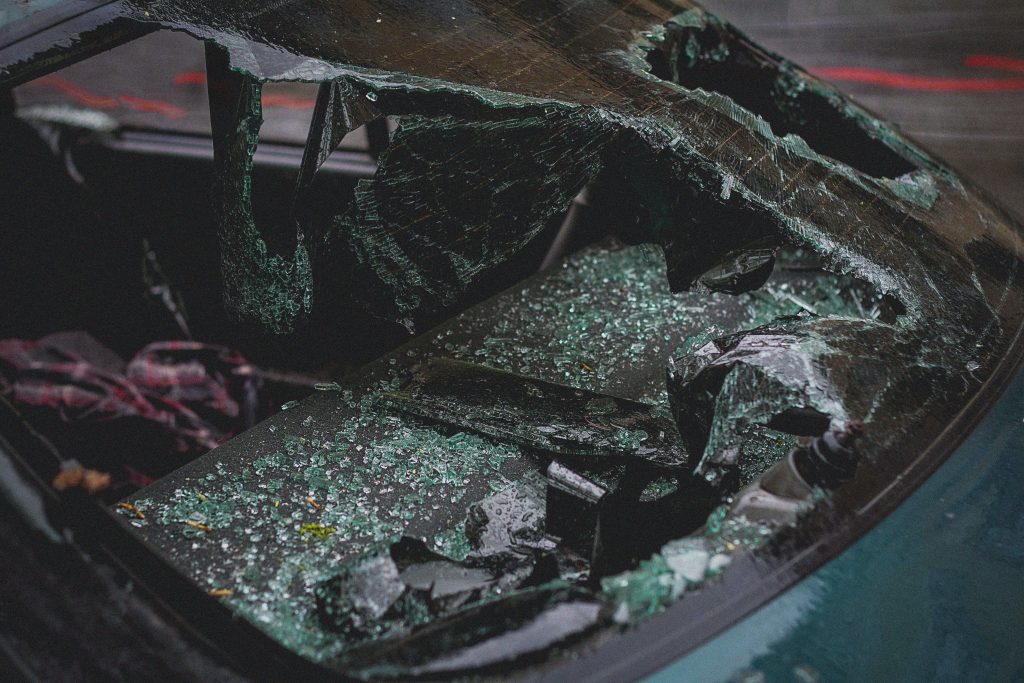 In some legal situations, there will be conflicting laws and a question of which law correctly applies to the situation at hand. For that reason, Louisiana has developed a mechanism to determine what to do when there are conflicting laws. First, when determining what law to use, the court must look at each state’s relationship to the lawsuit, the people involved in the case, and the person whose status is at issue. La. C.C. art. 3519. Second, the court must consider the policies and needs of the interstate and international system, to ensure that justified expectations are upheld and the decision minimizes the consequences of subjecting parties to the laws of more than one state. La. C.C. 3515. Third, Louisiana law asks the courts to consider whether the application of a conflicting law would protect a child, minor, or others in need of protection. La. C.C. art. 3519.
In some legal situations, there will be conflicting laws and a question of which law correctly applies to the situation at hand. For that reason, Louisiana has developed a mechanism to determine what to do when there are conflicting laws. First, when determining what law to use, the court must look at each state’s relationship to the lawsuit, the people involved in the case, and the person whose status is at issue. La. C.C. art. 3519. Second, the court must consider the policies and needs of the interstate and international system, to ensure that justified expectations are upheld and the decision minimizes the consequences of subjecting parties to the laws of more than one state. La. C.C. 3515. Third, Louisiana law asks the courts to consider whether the application of a conflicting law would protect a child, minor, or others in need of protection. La. C.C. art. 3519.
In this case, Mississippi resident Kalyn Barber (“Kalyn”) was 18 years old when she was involved in an accident in Louisiana, resulting in Doy Cothern (“Cothern”) being injured. Cothern filed a lawsuit attempting to hold her parents vicariously liable for her actions, because, under Mississippi law, a “minor” includes any person under the age of 21. Mississippi Code Section 1-3-27. However, under Louisiana law, a father’s administration of his minor’s estate terminates at the time of majority, which is attained upon reaching the age of 18.
When considering the first factor listed above, the court must look at the nonexclusive list of factors laid out in Louisiana Civil Code article 3519 to determine which of the multiple laws should apply (i.e., Mississippi vs. Louisiana). The court found that the plaintiff, Cothern, lived in Louisiana, the accident occurred in LA, and all the injuries sustained occurred in LA. Therefore, the only connection to Mississippi in the dispute was that the defendant, Kalyn, was a resident of MS at the time of the accident, so the first factor favors the implementation of Louisiana law.
Next, the court must consider the second factor (i.e., the policies and needs of the interstate and international system). The court found that there was no justified expectation in Louisiana that parents of an 18-year-old would be held liable for the negligent acts of their child, automobile-related or not. Additionally, the application of Mississippi law in Louisiana regarding an automobile accident would be contrary to the “policies and needs of the interstate and international system.” Therefore, the second factor also favors the implementation of Louisiana law. Moreover, the application of the Mississippi law, which would result in Kalyn’s parents being vicariously liable for her negligent driving, in no way protects Kalyn or preserves her family values.
It is essential in every case to understand the law that may apply because it is the only way to make a winning argument. In this case, the lawyer who understood the three-step process of determining which conflicting law would apply won the case. If you are ever in a situation where there is a chance that there are conflicting laws, make sure to higher the best attorney to increase your chances of winning.
Additional Sources: Cothern v. Barber, et al.
Written by Berniard Law Firm Blog Writer: Lyndsey Fuller
Additional Berniard Law Firm Articles on Conflicts of Law: When Present Interests Conflict with Past Laws: Property Disputes Between the Usufruct and the Naked Owner
 Louisiana Personal Injury Lawyer Blog
Louisiana Personal Injury Lawyer Blog

